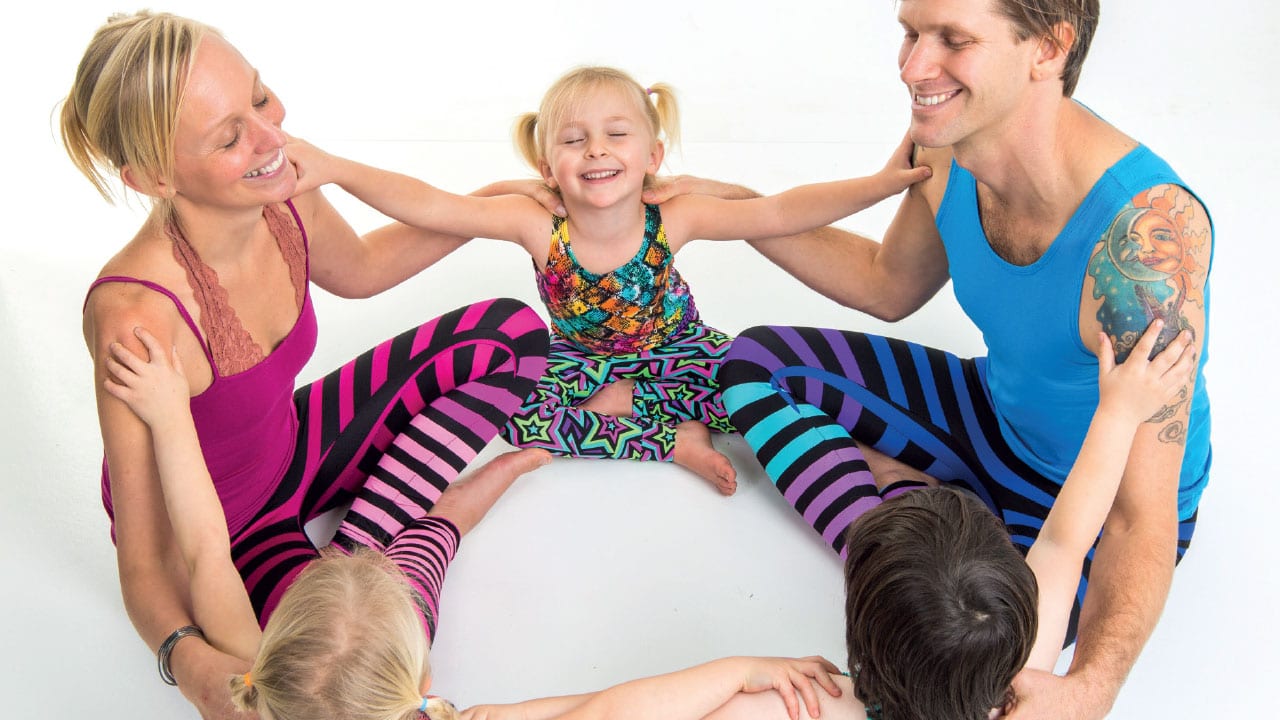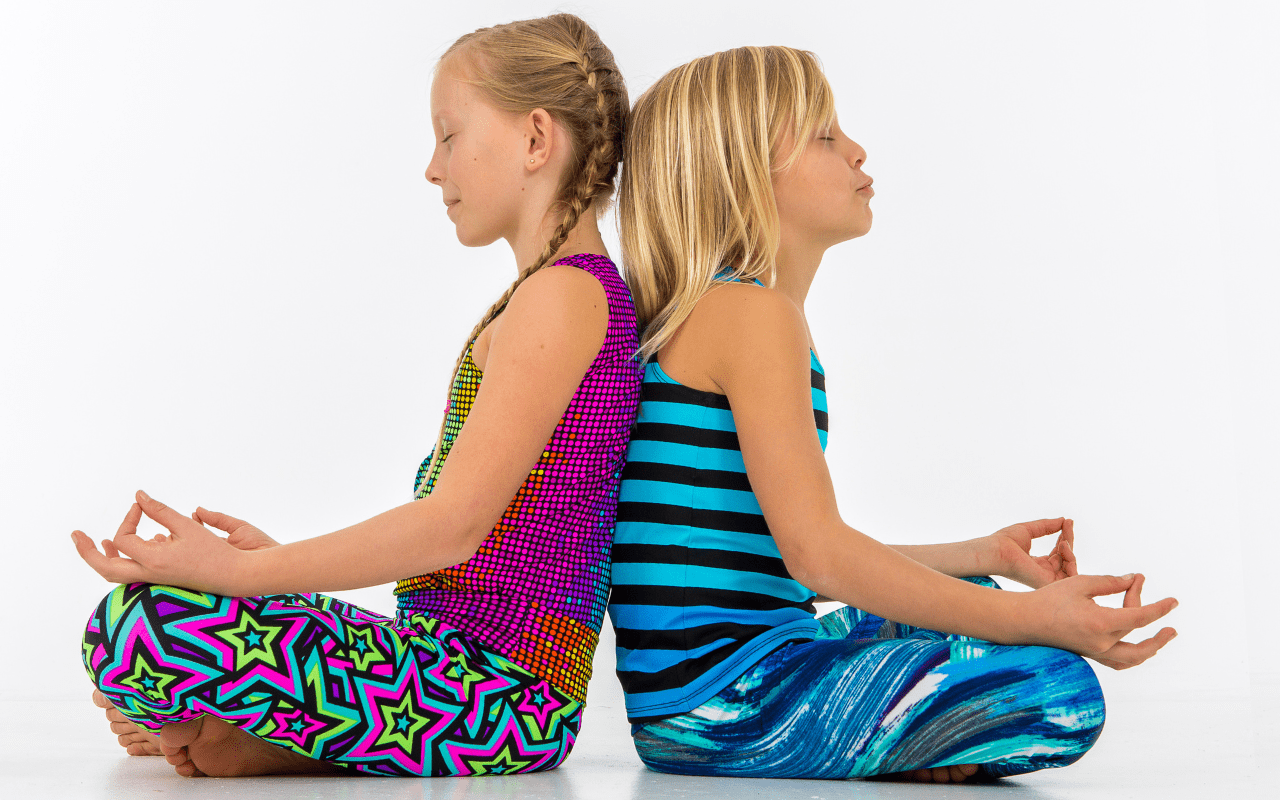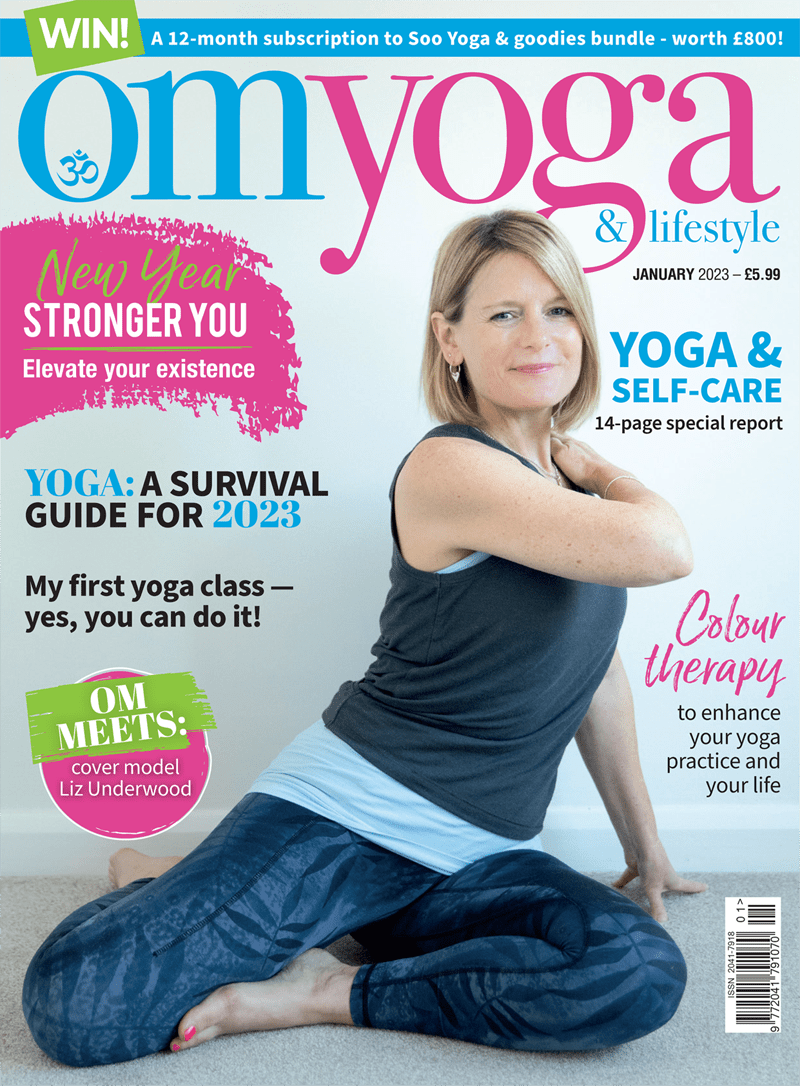
Self-nurturing for the whole family
Four practices that you and your children can do together to nurture self-care. By Gopala Amir Yaffa
The only constant person in all of your relationships is yourself.
If I’m not in a good place, nothing is. My relationship with my partner, my children, my work, and my school environment will all suffer.
Besides, being emotionally dependent, or dependent in any other way on other people — including depending on them for our happiness, being heard, being supported, being loved and being nurtured — is a risky business and is sure to bring disappointment.
Everyone has their problems and issues and stories and traumas and we cannot rely on them to be consistently there for us. Ups and downs are a guarantee.
But what if we took more time to nurture ourselves? Then we could be more emotionally independent, feel good from the inside, and then, and only then, also be available to support others.
Taking care of ourselves is not selfish; it is preparing ourselves to face the world with a better attitude and be of service in a greater way.
If you're feeling drooped, or perhaps you have ‘delight deficiency syndrome’, then you need to spend some time on yourself!
We might benefit from watching the playfulness and joy of a dog; its unconditional love and readiness to celebrate life at any moment often contrast sharply with the inner state of the dog’s owner who might be burdened by problems and lost in thought.
One wonders: living with this person, how does the dog manage to remain so sane, so joyous?
This is because joy is an inner state, and even when things suck it is our job, not others, to cultivate it within ourselves.
We have been through so much in the last few years and may be feeling a bit (or a lot) depleted — this is why we need to fill ourselves up from the inside through self-nurturing.
Here are four practices that you and your children can do together to nurture self-care. Let’s start this journey together!

1. Talk to yourself like you would talk to a friend
- Sit tall, close your eyes and pay attention to your self-talk.
- Have you ever noticed how we are quick to praise other people in the same instances where we often criticise ourselves? When we fall just short of achieving a goal or we don’t live up to some high expectations, we tend to judge ourselves and dismiss our efforts.
- Sometimes we are our worst critic…and even our worst enemy.
- How you talk to yourself in response to your successes and failures, even small day-to-day ones, affects how you view yourself and how you think others view you as well.
- Noticing the way you talk to yourself, start adjusting and changing it and start talking to yourself like you would talk to a friend.
- Rather than focusing on small things that you are not able to accomplish at a given moment, think about how far you have come, or your successes up to that point. Focus on the positive rather than the negative.
2. Self-hug breath
- Sit tall, take a deep breath in and spread your arms to the sides. As you exhale, bring your arms back in and around you to give yourself a hug. Rock from side to side a bit for a longer cuddle. You can sigh or make any noise that makes you feel pleasant as you do this.
- Repeat a lot!
3. Self-massage
- Sitting tall, everyone closes their eyes. Take a few deep breaths together. Now start to massage yourself. Place your hands on your feet and massage them softly rocking forward and back. Work your way up your legs and massage your knees using a circular motion. Move to the thighs and knead them like dough. Bring your hands to your belly and use big circular motions to massage it all around. Now massage your shoulders, then your arms and palms. Massage your neck and your scalp, and finally your face; forehead, cheeks, nose and ears.
- Now make fists with your hands, keep your wrists loose, and start pounding on your chest making a loud ‘Aaahh’ sound. Do it for a couple of minutes, and then stop and find total stillness and silence. Enjoy the feelings that arise in your body.
4. Gratitude prompts meditation
- The grass is greener where you water it — and by choosing to put the emphasis on the good stuff we can cultivate a much lovelier inner environment for ourselves to live in. Gratitude prompts are a great way to get started, continue your practice, or kick-start an awesome gratitude attitude. This is also a relatively simple exercise, with only one instruction: fill in the blank!
- Close your eyes and answer these prompts in your mind, filling in the three words at the end:
- I’m grateful for three things I hear…
- I’m grateful for three things I see…
- I’m grateful for three things I smell…
- I’m grateful for three things I touch/feel…
- I’m grateful for these three things I taste…
- I’m grateful for these three blue things…
- I’m grateful for these three animals/birds…
- I’m grateful for these three friends…
- I’m grateful for these three teachers…
- I’m grateful for these three family members…
- I’m grateful for these three things in my home…
Gopala Amir Yaffa is co-founder and wizard at Rainbow Yoga Training: rainbowyogatraining.com




